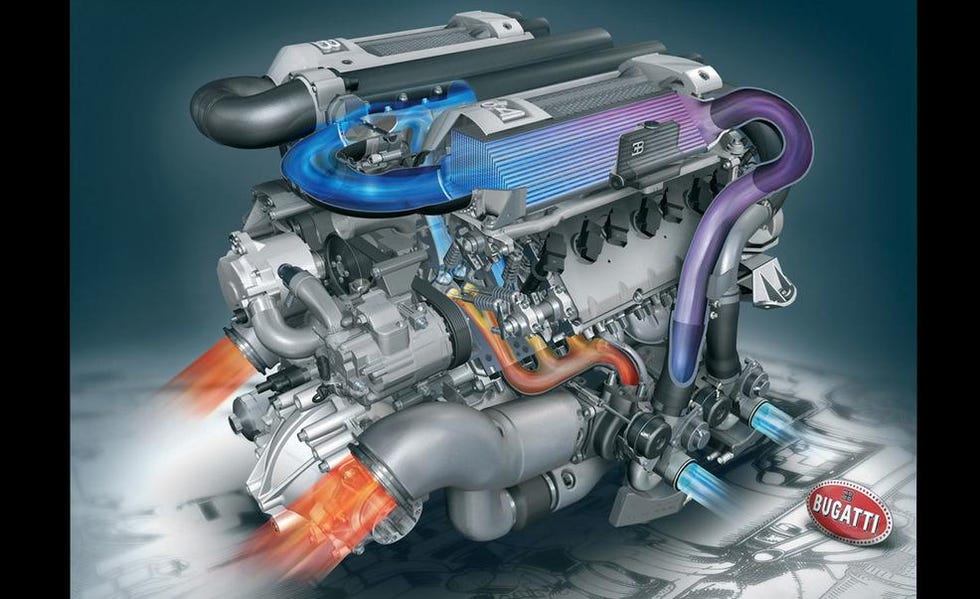The Best Deals on Engines For Africa's Reliable Products
The Best Deals on Engines For Africa's Reliable Products
Blog Article
A Complete Guide to Selecting the Right Engine for Your Task
Selecting the proper engine for your task is a critical choice that can dramatically impact its overall success. It is imperative to carefully define your task needs, examine performance demands, and take into consideration user-friendliness along with various other vital aspects. Additionally, understanding the area support readily available and inspecting expense effects can even more fine-tune your selection. Each of these components plays a crucial role in guaranteeing that your chosen engine not just meets prompt purposes but also lines up with long-term ambitions. As we explore these considerations, you may locate that the nuances of each element expose greater than originally prepared for.
Specify Your Project Needs
Defining your task requires is an essential action in choosing the proper engine for successful implementation. A thorough understanding of your project's purposes will lead you in determining the capacities and features called for from an engine. Begin by outlining the extent of your project, consisting of the wanted capability, target market, and the particular end results you intend to accomplish.
Following, think about the technical needs that align with your job objectives. This consists of evaluating the compatibility of the engine with existing systems, along with the shows languages and frameworks that will be used. In addition, examine the level of scalability called for to suit future development or modifications in demand.
Spending plan constraints also play a vital function in defining your job requires. Develop a clear financial structure to lead your decision-making procedure, making certain that the engine picked fits within your spending plan while supplying the essential functionality.
Evaluate Performance Requirements

Engines that support straight scaling are usually more effective for bigger applications. Additionally, examine the engine's efficiency under various problems, such as peak use scenarios, to guarantee it satisfies your integrity standards.
Consider Ease of Use
While technological requirements are essential, the convenience of usage of an engine can substantially affect the development process and total job success. An user-friendly user interface, clear documentation, and structured operations can drastically decrease the understanding curve for programmers, enabling them to concentrate on creativity and analytic as opposed to grappling with facility devices.
When examining an engine's simplicity of usage, consider the onboarding experience. A well-structured intro, full with tutorials and example jobs, can help with a smoother transition for new users. Additionally, the clearness and comprehensiveness of the engine's paperwork play an important duty; extensive overviews and API referrals can empower designers to repair and apply attributes efficiently.
One more element to think about is the engine's personalization capabilities. An engine that permits for simple modifications can be a lot more straightforward, as programmers can tailor it to fit their specific requirements without considerable headache. Analyze the process integration with tools and platforms you currently utilize. A cohesive ecosystem can boost efficiency and reduce friction throughout the growth process. Eventually, choosing an engine that prioritizes convenience of use can result in a much more productive and enjoyable advancement experience.
Assess Community and Assistance
The stamina of an engine's area and assistance network can greatly affect a programmer's experience and success. When evaluating an engine, take into consideration the dimension and task level of its area.
Additionally, assess the accessibility of why not try these out official support channels. Reliable documents, receptive consumer support, and regular updates are necessary for attending to technical concerns and maintaining your task on course. Engines For Africa. Energetic communities also promote cooperation, providing chances for networking and feedback, which can be indispensable, specifically for little groups or independent developers
In addition, check out the visibility of community-run occasions, such as meetups or hackathons. These events can enhance your understanding of the engine while linking you with possible collaborators and knowledgeable users. In recap, a durable community and support group not only enhance development but additionally develop an atmosphere for learning and technology, ultimately boosting the possibility of your job's success.
Contrast Expense and Licensing Options
Budget plan factors to consider play an important duty in choosing the right engine for your job, as the price and licensing options can dramatically affect both temporary expenses and lasting stability. Engines For Africa. Various engines use differing prices structures, which can consist of single purchase fees, membership versions, or revenue-sharing agreements based upon your job's earnings

Accrediting choices likewise differ dramatically. Some engines are open-source, providing flexibility and community-driven assistance, while others might need proprietary licenses that limit usage and circulation. Recognizing the effects of each licensing version is important, as it impacts possession civil liberties, future scalability, have a peek at this site and prospective lawful commitments.
Conclusion
In final thought, choosing the proper engine for a project requires a complete evaluation of specified job needs, performance demands, ease of use, area assistance, and expense factors to consider. By systematically resolving these vital factors, decision-makers can make sure positioning with both future and present job needs. A knowledgeable choice ultimately boosts the probability of task success, allowing effective resource allotment and maximizing potential end results within the specified financial constraints.
Selecting the suitable engine for your job is an important choice that can significantly affect its general next success.Defining your project needs is an important action in selecting the appropriate engine for successful application. An extensive understanding of your task's goals will lead you in recognizing the functions and abilities called for from an engine.Once you have a clear understanding of your job requires, the next action is to examine the efficiency demands of the engine.In conclusion, selecting the ideal engine for a job requires a thorough assessment of specified task demands, performance needs, simplicity of usage, neighborhood support, and price factors to consider.
Report this page